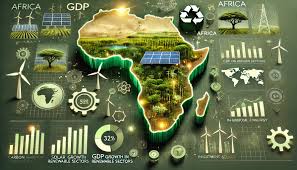How Inflation is Reshaping Everyday Life and Budgets in Africa
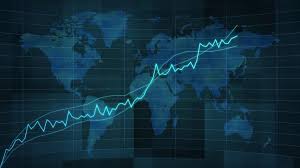
Inflation is a macroeconomic term often discussed in abstract numbers and graphs, but for millions of families across Africa, it is a daily, visceral struggle. From the bustling market stalls of Lagos to the remote villages of rural Kenya, the relentless rise in the cost of living is fundamentally changing how people live, work, and plan for the future.
The shrinking purchasing power of the average household budget is not just an economic data point; it's a human story of difficult choices, eroded savings, and a constant state of financial precarity.
This article provides a ground-level view of how inflation is impacting ordinary Africans, revealing the coping mechanisms they are employing and the profound social and psychological tolls being paid.
The Human Story of Rising Prices.
Source: Google
The data speaks volumes, inflation rates in many African countries have surged, often reaching double digits and far outstripping wage growth. However, this cold reality is best understood through the experiences of those on the front lines.
Consider a civil servant in Accra, Ghana, whose salary has remained stagnant while the price of a loaf of bread, cooking oil, and transportation has doubled. Or a pensioner in Nairobi, Kenya, whose fixed income can no longer cover basic medical expenses and a balanced diet.
For these individuals and countless others, the phrase "cost of living crisis" is not an exaggeration. It is a lived reality that forces impossible trade-offs. Parents must choose between paying for their child's school fees or putting food on the table.
A family might have to forego a necessary medical check-up to afford fuel for a generator during a power outage. The erosion of purchasing power is particularly devastating for those with fixed incomes or those in the informal economy, who have little to no leverage to demand higher wages or access to financial safety nets.
Coping Mechanisms: The Art of Survival.
Source: Google
In the face of these challenges, African families have developed a remarkable range of coping mechanisms to survive. These strategies, born out of necessity, are a testament to human resilience but also highlight the immense strain on household well-being.
• Adjusting Consumption Habits: The most common coping strategy is to alter consumption patterns. Families are cutting back on essential food items, replacing expensive staples like meat and chicken with cheaper protein sources such as legumes, beans, and vegetables.
They are reducing the frequency of meals or the portion sizes to make their supplies last longer. This has a direct and alarming consequence for nutrition, particularly for children, whose development can be permanently hindered by a short-term lack of proper nutrients.
• Bulk Buying and Cooperative Efforts: For those with limited savings, bulk buying is a critical strategy to hedge against future price increases. Families pool their resources or join cooperatives to purchase essential goods in large quantities at a reduced per-unit cost.
This requires a level of financial foresight and coordination that is not always possible, but it is a powerful way to mitigate the impact of inflation.
• Taking on Secondary Jobs: Many individuals, especially those in the formal sector with fixed incomes, are forced to take on secondary or "side hustle" jobs to supplement their earnings.
A teacher might drive for a ride-sharing service in the evenings, or an office worker might start a small business selling goods online. This adds to the daily grind, leading to longer working hours, increased fatigue, and a diminished work-life balance.
• Borrowing and Selling Assets: In the most extreme cases, families are forced to resort to desperate measures, borrowing money from friends, family, or high-cost lenders. Others may sell valuable assets such as livestock, land, or even household goods to make ends meet.
This not only erodes their financial security but can trap them in a cycle of debt and poverty that becomes increasingly difficult to escape.
The Unseen Costs: Social, Health, and Psychological Tolls.
Source: Google
Beyond the immediate financial strain, inflation has profound and often unseen long-term consequences for social cohesion and public health.
The psychological toll is immense. A constant state of financial insecurity breeds chronic stress and anxiety,which can lead to higher rates of depression and other mental health issues. The inability to provide for one's family, to save for the future, or to afford a decent quality of life can be deeply demoralizing.
This stress is a public health crisis in itself, as it weakens the immune system and makes individuals more susceptible to physical illnesses.
Furthermore, inflation directly impacts access to essential services. As prices rise, families are forced to make tough choices that have long-lasting effects. The decision to forgo a medical check-up or to pull a child out of school because of a lack of funds for school fees and supplies has generational consequences.
This can lead to a less educated workforce and a more vulnerable population, perpetuating a cycle of poverty that is even harder to break.
The erosion of social trust is another critical consequence. When prices skyrocket and governments appear unable to control the economy, it can lead to a loss of faith in institutions. Social unrest and political instability can become more common, as people's frustration over economic hardship spills over into the public sphere.
A Call for a Ground-Level Perspective.
The story of inflation in Africa is not just about abstract economic indicators; it is a deeply human narrative of dignity, resilience, and the daily struggle for survival. For far too long, the conversation has been dominated by figures and forecasts, overlooking the lived realities of people whose entire existence is being reshaped by rising prices.
By shifting our perspective from the macroeconomic to the ground level, we can truly understand the profound impact of this crisis. It’s a story about a parent in Nairobi skipping a meal so their child can eat, a small business owner in Cairo closing their shop because they can no longer afford stock, and a family in Lagos selling a cherished asset to keep the lights on.
Understanding this human dimension is the first step toward finding sustainable and just solutions. It is a powerful reminder to policymakers that economic decisions have a direct and often brutal impact on the most vulnerable.
For development organizations, it's a call to action to create programs that address not just financial instability but also the ensuing health and social crises. For all of us, it is a lesson in empathy, urging us to look beyond the headlines and see the people behind the statistics.
By sharing these stories, we can foster a deeper understanding and ensure that the solutions we seek are not just economically sound but are also fundamentally rooted in compassion and social justice.
You may also like...
FG's 4% FOB Charge Suspension Ignites Hope, Air Peace Creates 1,000 Jobs

Nigeria's Federal Government has suspended the 4% Free on Board (FOB) levy on imports, drawing widespread commendation f...
President Tinubu's Swift Return from French Vacation Sparks Curiosity and Speculation

President Bola Tinubu returned to Abuja on September 16, 2025, cutting short his vacation in France to address pressing ...
How Digital Footprints are Rewriting the Rules of Power and Persuasion
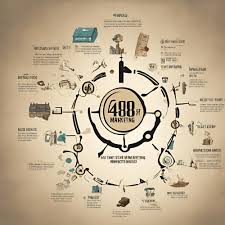
In the digital age, politics is a numbers game. This article explores how political campaigns and governments are using ...
How Geopolitical Shocks and Inflation Are Reshaping the Western World's Economy

Global conflicts, supply chain disruptions, and stubborn inflation are challenging decades of economic stability in the ...
The Battle for Mental Health in Modern Africa
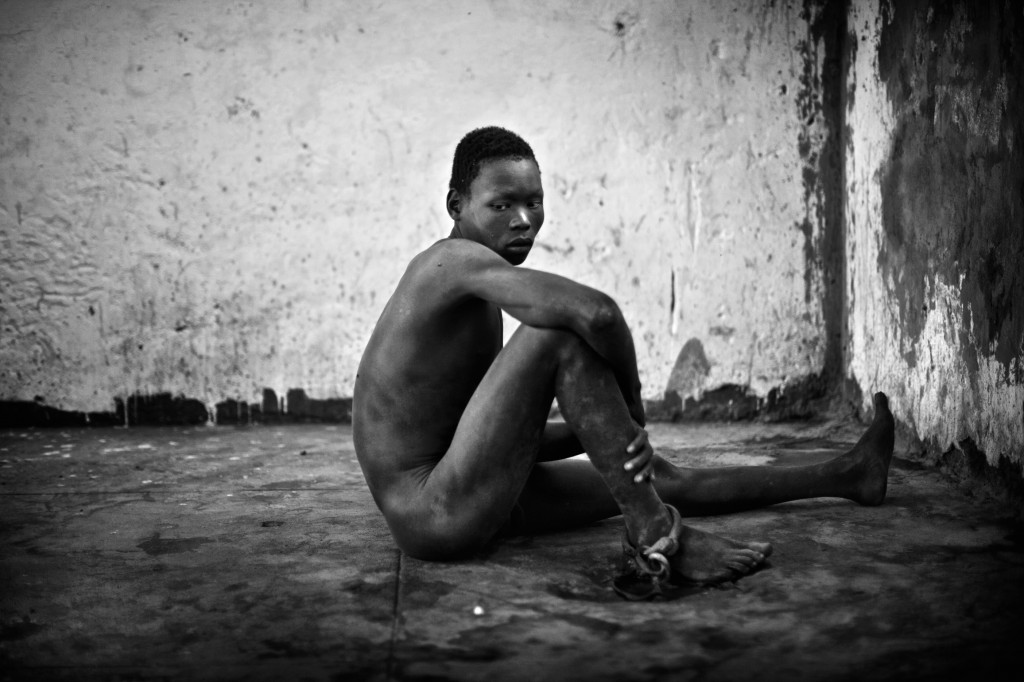
In many African cultures, mental illness is seen as a spiritual or supernatural affliction, not a medical condition. Thi...
How Peer Pressure is Fueling a Mental Health Crisis Among African Teens
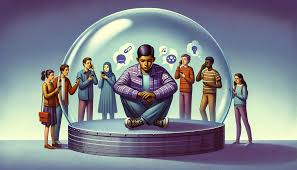
In an age of hyper-connectivity, the pressure to conform has never been more intense. This article delves into how peer ...
Who Was Charlie Kirk? The Life and Legacy of a Conservative Firebrand
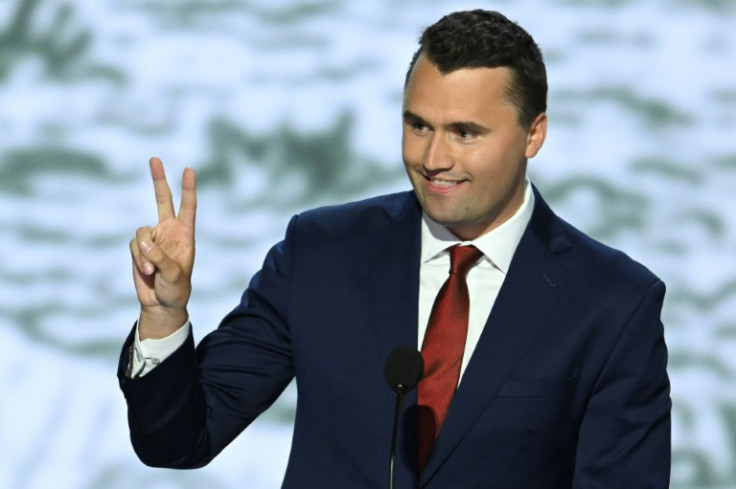
Charlie Kirk (1993–2025) was a conservative activist, author, and founder of Turning Point USA. From his early years to ...
How Economic Inequality is Eroding Well-Being in Africa

Beyond financial hardship, economic inequality is a hidden public health crisis. This article examines how vast wealth g...
